El Economista/20 de mayo de 2016
Noelia García | 19/05/2016 – 17:07
Una nueva directiva simplifica y actualiza los trámites burocráticos para la estancia de postdoctorales, estudiantes, voluntarios y ‘au pairs’ de fuera de la UE, con el objetivo de atraer talento, retenerlo y potenciar su desarrollo
Las nuevas reglas de entrada a la Unión Europea harán que las universidades europeas atraigan más estudiantes e investigadores de otros países no comunitarios. Se espera que con la fusión de las dos directivas existentes (una de estudiantes y otra de investigadores, Directivas 2004/114/CE y 2005/71/CE) en unas normas burocráticas más simples ayuden a atraer a más inmigrantes cualificados a la UE. Las nuevas normas también mejoran las condiciones de los voluntarios, alumnos y au pairs.
Este tipo de iniciativas han sido necesarias para el conjunto del continente, puesto que conseguir que la enseñanza superior europea sea atractiva y competitiva era uno de los objetivos de la Declaración de Bolonia, aprobada en junio de 1999.
Asimismo, los estudiantes e investigadores pueden permanecer en Europa al menos nueve meses después de terminar sus estudios o investigaciones con el fin de buscar un empleo o crear una empresa, la cual debe establecer entre sus objetivos beneficiar a la UE dentro de su marco sectorial. Los Estados expedirán, previa solicitud del investigador o estudiante, un permiso de residencia a favor del nacional de un país tercero para que desarrolle su actividad empresarial.
15 horas de trabajo
Los estudiantes de terceros países tendrán derecho a trabajar al menos 15 horas semanales al margen del tiempo de estudio, con el fin de permitirles cubrir parte del coste de los estudios. Es decir, el tiempo mínimo que a los estudiantes se les permite trabajar ha aumentado de 10 a 15 horas semanales.
En el futuro, estos profesionales de terceros países no tendrán que presentar una nueva solicitud de visa, tan sólo notificar al Estado miembro al que se están moviendo, por ejemplo, para hacer un intercambio de un semestre. Antes, los estudiantes necesitaban una solicitud completa.
Los investigadores también podrán moverse durante períodos más largos que los que hasta ahora se han permitido. Además, los miembros de la familia de los investigadores estarán autorizados a acompañarlos, y también disfrutarán del derecho de movilidad mejorado dentro de la UE.
Antes de la revisión de la Directiva, la entrada en la UE de los miembros de la familia era totalmente discrecional y no tenían absolutamente ningún derecho en cuanto a movilidad ni derechos para acceder al mercado laboral.
La categoría de alumnos y voluntarios del Servicio Voluntario Europeo se añaden a la norma como categoría obligatoria y, por su parte, los au paires como una categoría opcional. Debe tenerse en cuenta que es la primera vez que se recibe protección para au paires a través de una norma de la UE.
Directiva muy respaldada
La Directiva, que ha sido respaldada por 578 votos a favor, 79 en contra y 21 abstenciones, entrará en vigor al día siguiente de su publicación en el Diario Oficial Europeo. Los Estados miembros tendrán entonces dos años para transponer sus disposiciones en su legislación nacional.
Estas mejoras, que se han unificado para todos los colectivos, significan «que las universidades europeas serán capaces de fortalecer su competitividad en el ámbito mundial y ser más atractivas», indica la europarlamentaria Cecilia Wikström, quien defendió la nueva directiva ante el Parlamento europeo. «Más estudiantes extranjeros e intercambios internacionales impulsarían el crecimiento económico, promoverían la innovación, crearían más puestos de trabajo a largo plazo y harían que nuestros Estados miembros fueran más competitivos», añadió la parlamentaria.
Cabe destacar que la UE invierte menos en I+D que EEUU y Japón, dos grandes potencias caracterizadas por sus ilustres investigadores. Esto ha provocado que muchos de los mejores no se queden en el Viejo Continente para desarrollar sus innovaciones. Además, los expertos coinciden en que la imposición de la burocracia dificulta la recepción de mentes creativas y productivas que sólo quieren hacer su contribución a nuestras sociedades. Por tanto, la aplicación de la Directiva no favorecerá la fuga de cerebros de los países emergentes o en desarrollo. En colaboración con los países de origen y a fin de establecer una política global de inmigración, se adoptarán medidas destinadas a facilitar la reintegración de los investigadores en sus países de origen.
A su vez, es importante recordar que la creación de un mercado de trabajo abierto para los investigadores de la Unión Europea y de países terceros se consideró también uno de los objetivos prioritarios del Espacio Europeo de Investigación, espacio unificado en el que circulan libremente investigadores, conocimientos científicos y tecnología.
Dado que los esfuerzos que se han de realizar para alcanzar el objetivo de invertir el 3 por ciento del PIB en investigación afectan en gran medida al sector privado, «debe estimularse en este sector, cuando proceda, la contratación de más investigadores en los próximos años», indica el nuevo texto normativo aprobado este mes.
Fuente: http://ecoaula.eleconomista.es/universidades/noticias/7576382/05/16/Europa-facilita-a-los-investigadores-no-comunitarios-crear-empresas-.html
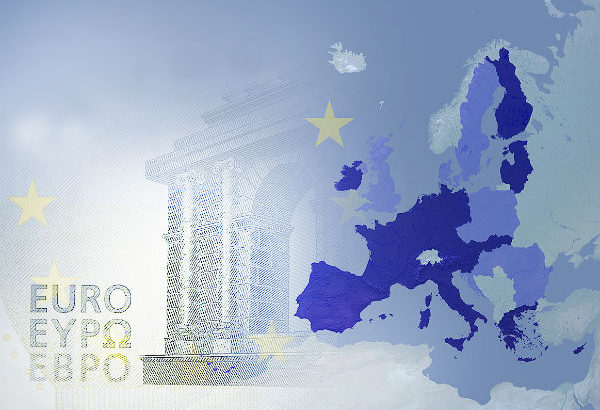
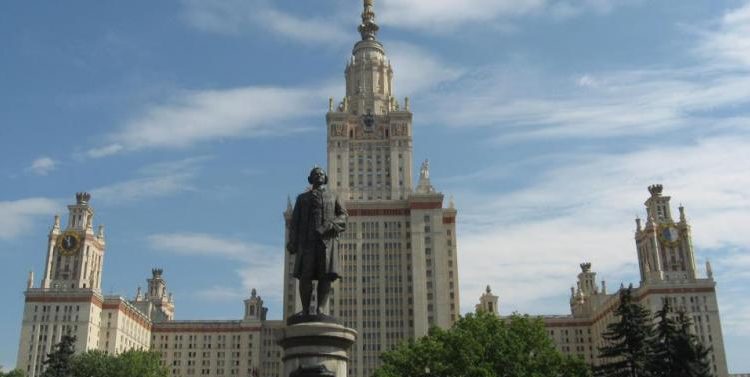
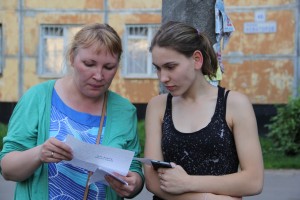
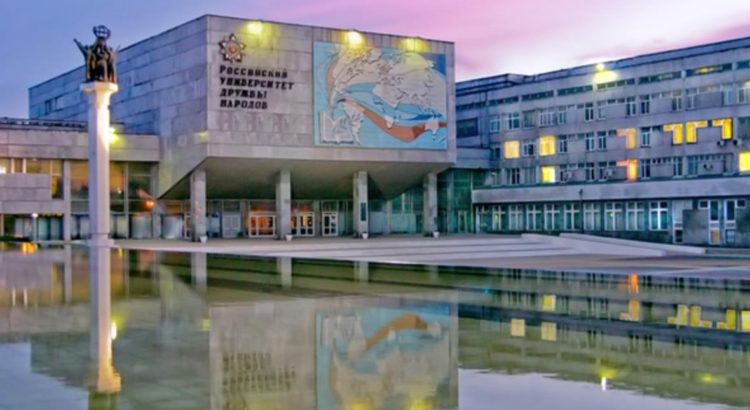

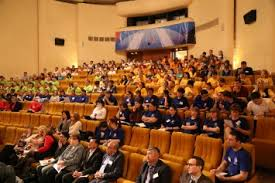
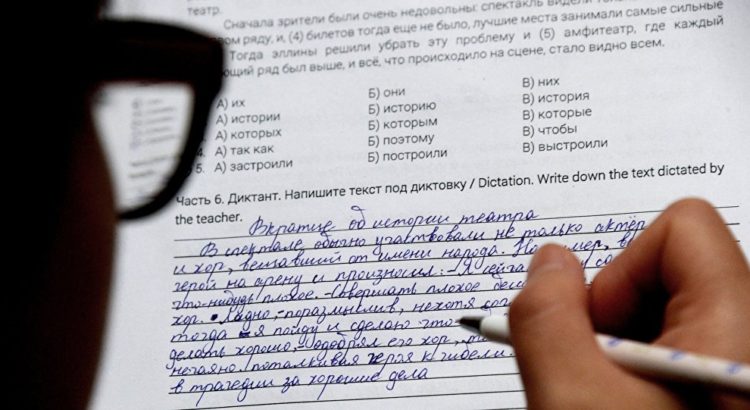







 Users Today : 26
Users Today : 26 Total Users : 35460329
Total Users : 35460329 Views Today : 33
Views Today : 33 Total views : 3419061
Total views : 3419061